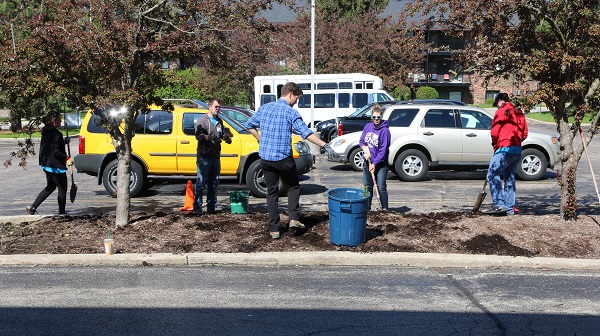

If the local congregation is located in a transitional community as described in Paragraph 212 of The Book of Discipline, the chair – in conjunction with the council chairperson – shall connect with the pastor to develop a community study as detailed in Paragraph 213.This includes planning evangelistic outreach and setting goals for congregational growth, visitation, and membership care.


These leaders guide the work of ministry groups during the year, including planning the agendas and presiding at meetings. The ministry teams should engage in biblical and theological reflection about the mission of the church. Throughout the year, all ministry leaders need to maintain healthy and growing personal spiritual lives and lead ministry teams to do the same. These leaders must have a passionate interest for the ministry area they coordinate as well as the ability to collaborate for holistic discipleship ministry.They need to be able to build ministry teams and work well with others––individually and in groups. They need to listen well and communicate with people of all ages in the congregation and community. They should have an interest in researching, planning, and implementing ministry. These leaders must have a genuine interest in helping others deepen their relationships with God and with people, and then lead from the strengths of their spiritual gifts. Leaders of discipleship ministries benefit from having one or more of these spiritual gifts: servanthood, faith, teaching, exhortation (encouragement), leadership, compassion, knowledge, helping, and administration.Spiritual Gifts and Qualifications Helpful for the Job Leaders of nurture, outreach, and witness will work together to plan and implement ministries that help the church fulfill its mission. Some congregations organize ministry planning and implementation into the areas of nurture (education, worship, Christian formation, membership care, small groups and stewardship), outreach (ministries of compassion, justice, and advocacy), and witness (evangelism, communications, lay speaking, and lay service)Įffective ministry teams will address the concerns and conditions of people in their congregations and communities so that they may grow in their spiritual lives and become better equipped for life as Christian disciples.


 0 kommentar(er)
0 kommentar(er)
